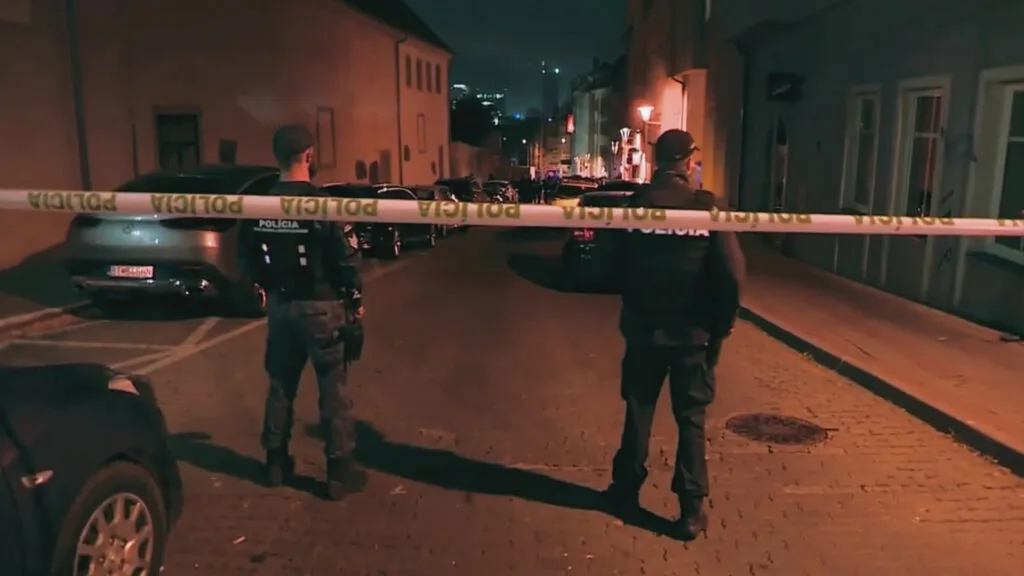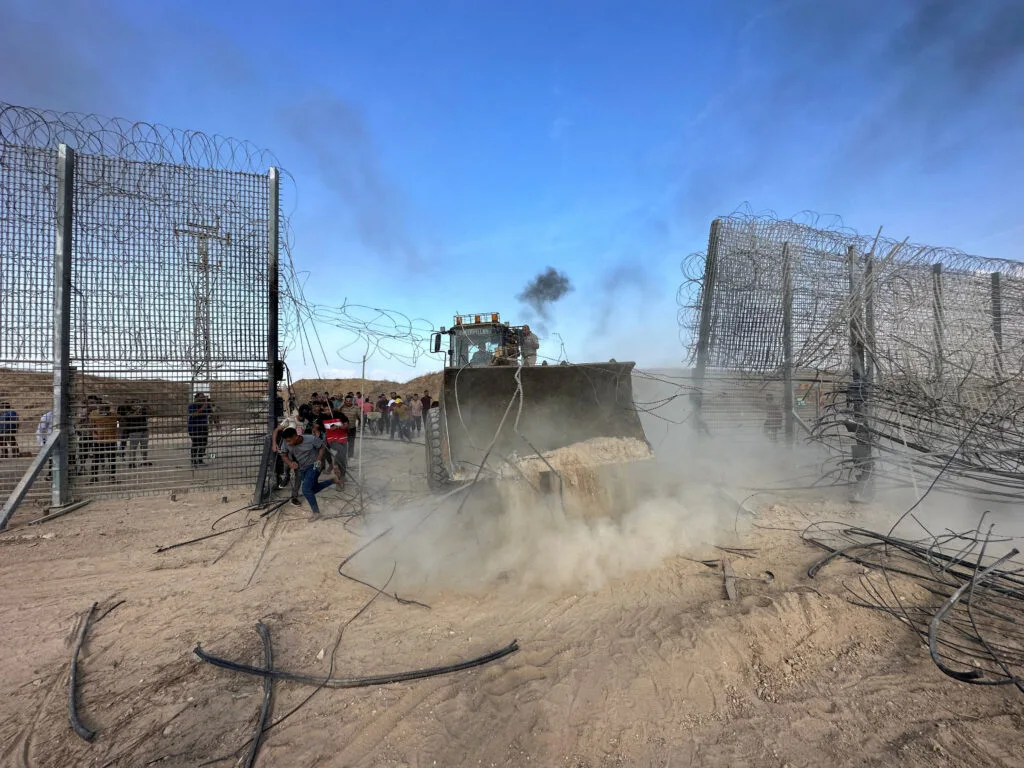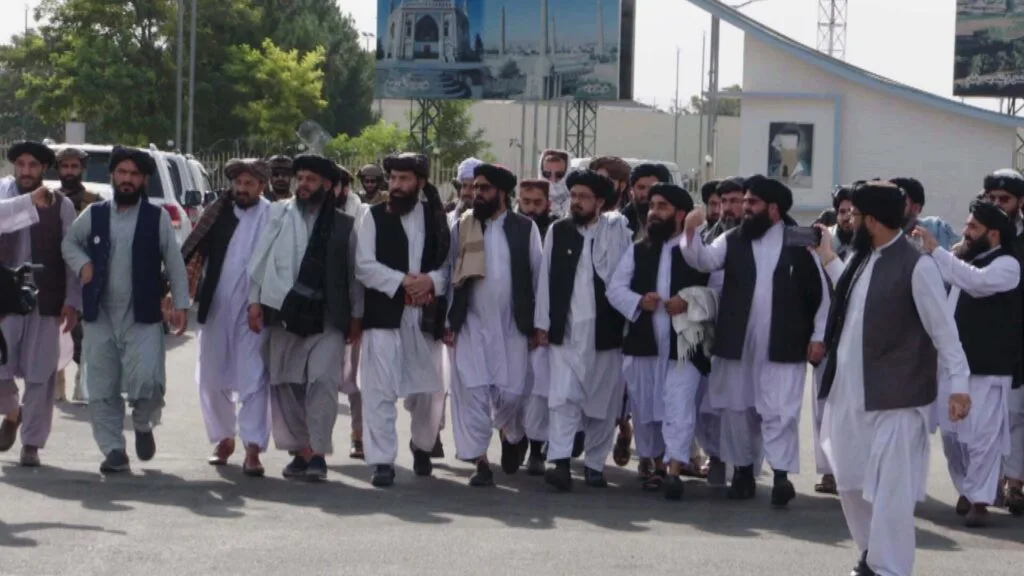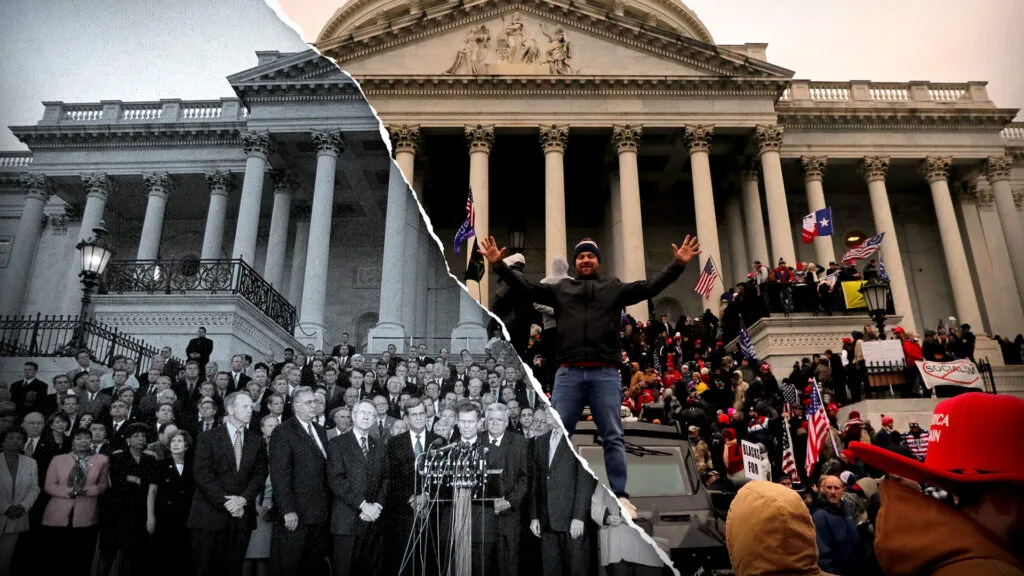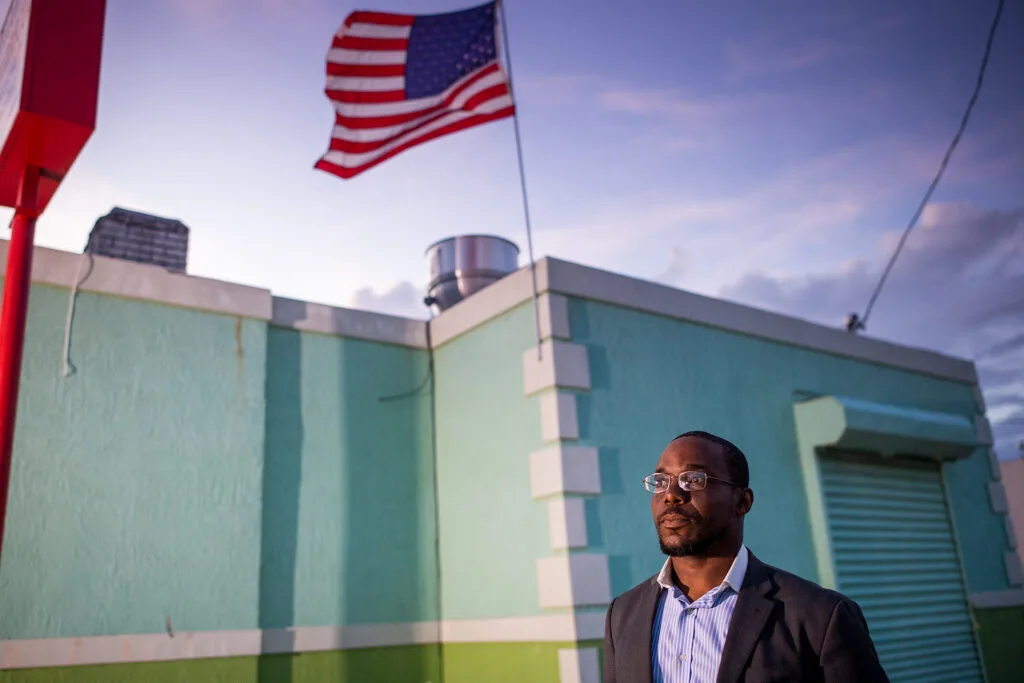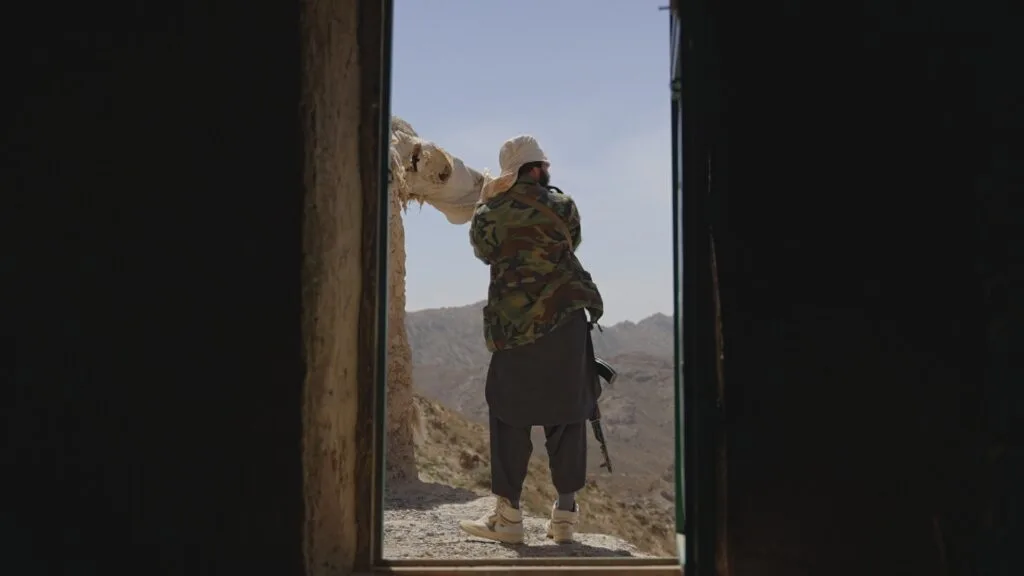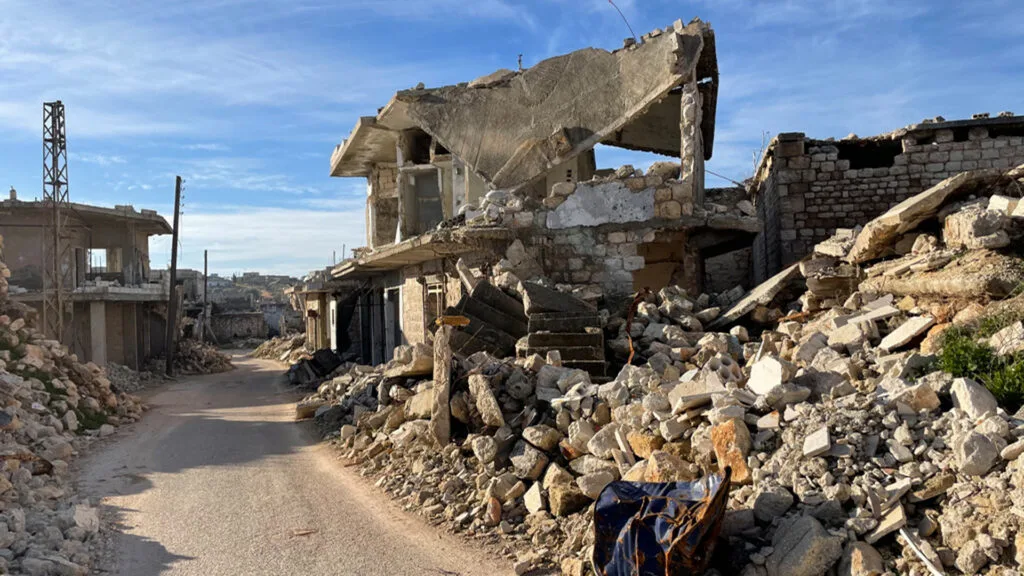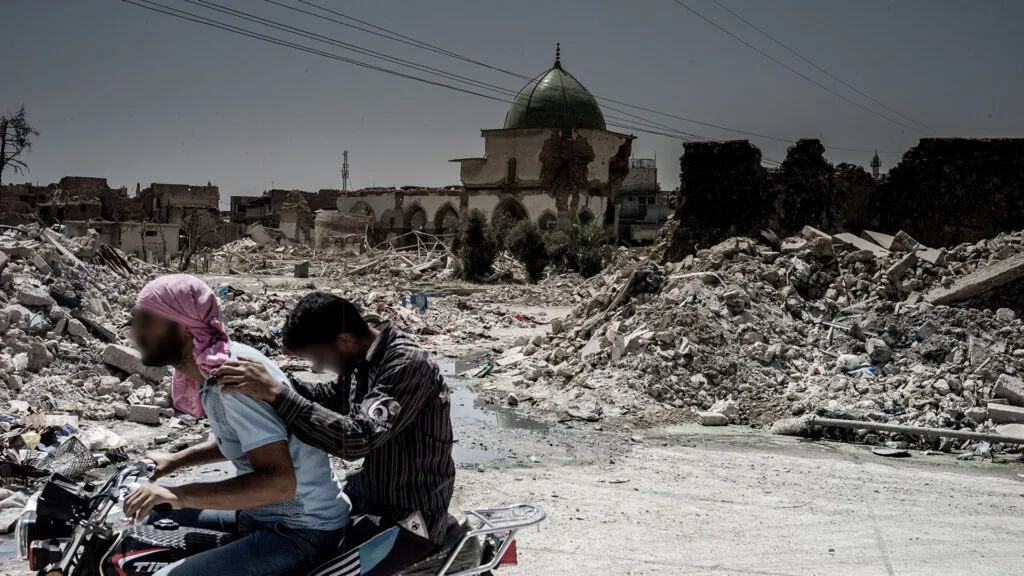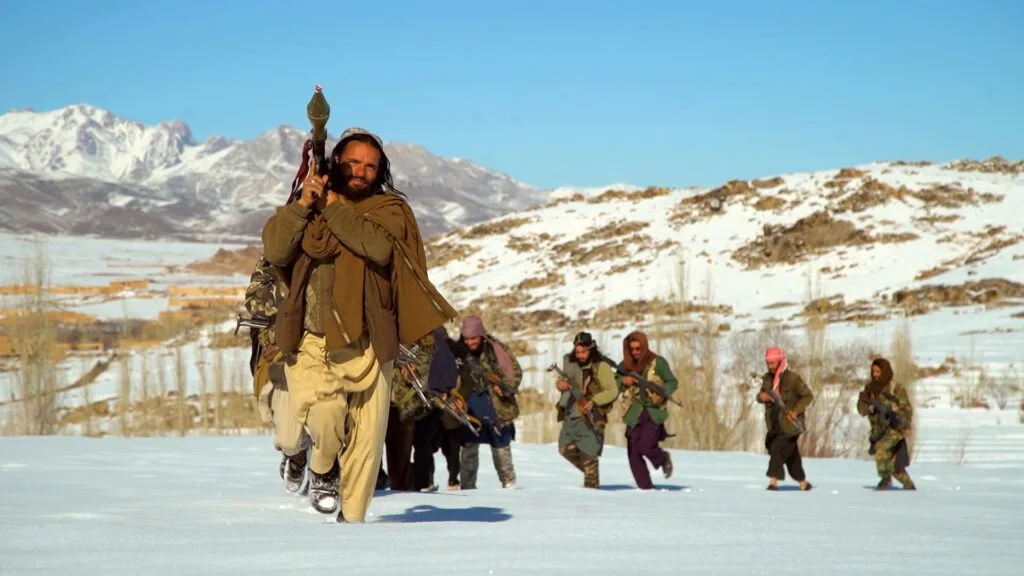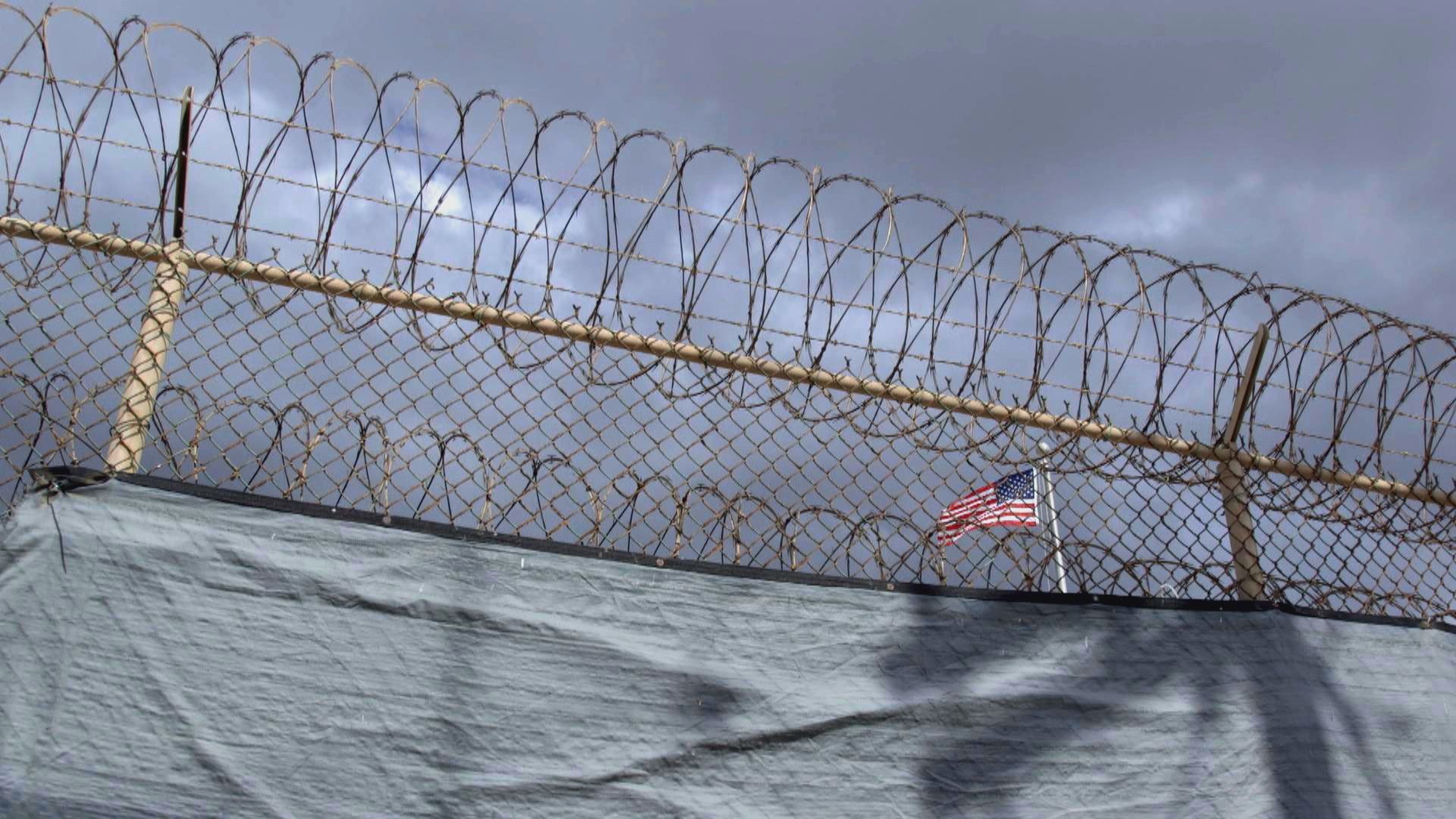Court Ruling Could Undermine Charges Against 9/11 Defendants
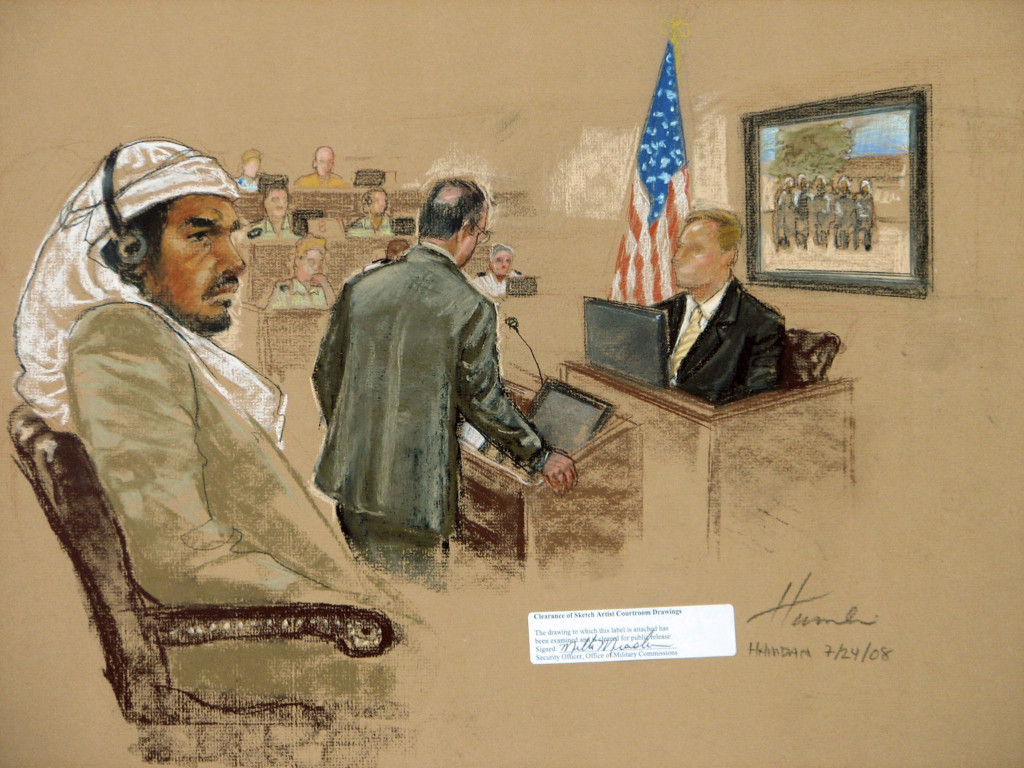
October 17, 2012
Share
While lawyers at the Guantanamo military commission trying 9/11 mastermind Khalid Sheikh Mohammed argued yesterday about what kind of evidence could be openly discussed in court, an appeals court in Washington, D.C. handed down a decision in another case that could undermine some of the charges against Mohammed and his co-defendants.
The U.S. Court of Appeals for the District of Columbia Circuit threw out the 2008 conviction of Osama Bin Laden’s driver, Salim Hamdan, on charges of “material support of terrorism,” because the charge was not considered a war crime in 2001.
The D.C. court essentially said today that “you can’t charge someone with an offense that was not an offense at the time committed,” explained military law expert Gary Solis. He notes that this sort of ex post facto charging was done at the Nuremberg trials, but “it’s always been a theory of criminal law, not a law itself.”
The ruling’s impact stretches beyond the number of Guantanamo detainees charged with “material support of terrorism.”
Khalid Sheikh Mohammed and his four co-defendants are facing 2,976 counts of “murder in violation of the law of war” for the 9/11 attacks — another charge that wasn’t considered a war crime in 2001.
It’s unclear why prosecutors chose this charge. “Traditionally that is not a war crime, it is a crime. It’s murder,” said Adam Thurschwell, who is a defense lawyer for Salim Hamdam, as well as Khalid Sheikh Mohammed’s co-defendant Ammar al Baluchi. “You can try it under domestic law, but calling it a war crime goes way beyond that,” he added.
The ruling could also potentially undermine charges against Mohammed and his co-defendants of “conspiracy” to commit terrorism, says Stephen I. Vladeck, an expert on the role of federal courts in the war on terror. He argues there is “a small body of evidence, but not nearly enough, to prove that [conspiracy] was clearly recognized as a war crime before 2006.”
But he adds that even if the “murder in violation of the law of war” and “conspiracy” charges ultimately don’t stand in the case against Mohammed and his co-defendants, “some of the other charges against them are unquestionably war crimes.”
Mohammed and his four co-defendants are charged with committing eight offenses in total: conspiracy; attacking civilians; attacking civilian objects; intentionally causing serious bodily injury; murder in violation of the law of war; destruction of property in violation of the law of war; hijacking or hazarding a vessel or aircraft; and terrorism.
Beyond their case, yesterday’s ruling will lead to legal scrutiny of charges brought under the reformed military commissions developed under President Obama, said Solis. Valdeck added that it also raises the questions of whether the military commissions are really prepared to deal with some of these legacy cases and how the government might try to find more conventional charges to prosecute them under.
“If yesterday’s decision stands, the government has every incentive to put every single Guantanamo case on stronger standing,” says Vladeck.
Related Documentaries
Latest Documentaries
Related Stories
Related Stories
Explore
Policies
Teacher Center
Funding for FRONTLINE is provided through the support of PBS viewers and by the Corporation for Public Broadcasting, with major support from Ford Foundation. Additional funding is provided the Abrams Foundation, Park Foundation, John D. and Catherine T. MacArthur Foundation, Heising-Simons Foundation, and the FRONTLINE Trust, with major support from Jon and Jo Ann Hagler on behalf of the Jon L. Hagler Foundation, and additional support from Koo and Patricia Yuen. FRONTLINE is a registered trademark of WGBH Educational Foundation. Web Site Copyright ©1995-2025 WGBH Educational Foundation. PBS is a 501(c)(3) not-for-profit organization.
